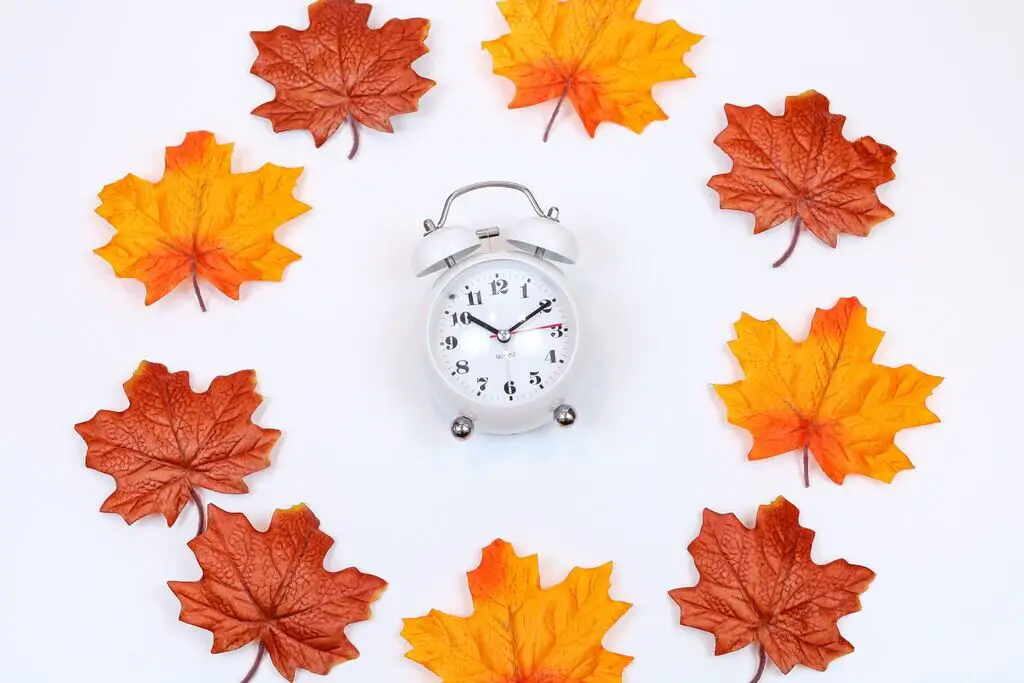Sáb, Oct 28th 2023
On Sunday, Daylight Saving Time ends: At 3 a.m., clocks will be turned back to 2 a.m. From then on, Central European Time will be in effect again. Clocks will be set according to this time for five months until March 31, 2024.

The Central European Time has been setting the pace in Switzerland for over 125 years. According to the Swiss Federal Institute of Metrology (Metas), the popular term “winter time” is incorrect. There is only summer time and standard time. With standard time, it gets dark earlier in the evenings.
Since 1981, Switzerland has had daylight saving time. Since 1996, people in all EU countries have also been setting their clocks one hour forward on the last Sunday in March and one hour back on the last Sunday in October.
The Swiss Federal Council and Parliament decided to introduce the Summer Time and Central European Time at the end of the 19th century mainly for economic reasons. If the time was different, Switzerland would become a time island, with consequences especially in business, transport, tourism and communication.
The transition between standard and daylight saving time is controversial here and in the EU. In 2020, an initiative to abolish the time change failed due to a lack of signatures. In March 2019, the European Parliament called for the abolition of the time change in 2021. However, the necessary decisions of all individual states are still missing.
The switch to Daylight Saving Time is based on energy considerations. A study by the Swiss Federal Laboratories for Materials Science and Technology (Empa) has proven that Daylight Saving Time does indeed have an energy-saving effect, but not because of the light, but because of air conditioning. Employees leave their workplaces earlier. Since the greatest cooling capacity is needed in the afternoon, the systems can be shut down earlier.
©Keystone/SDA
